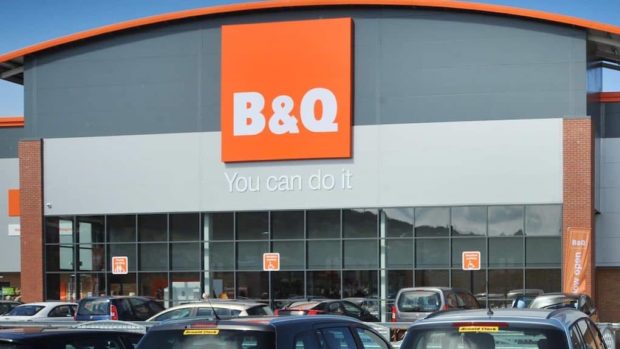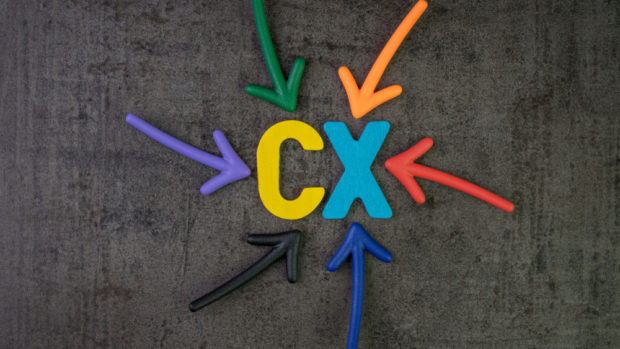
With retailers’ online sales expected to boom over a fully digital Black Friday, poor online experiences could cost retailers 1.3bn in lost sales opportunities, the latest data from thinkTribe, a leading web performance and testing service provider, warns.
With the UK’s second lockdown, which sees non-essential retail stores closed until 2nd December, online sales over Black Friday (27 November) are expected to grow between 35-45 per cent when compared to 2019, according to IMRG. The Centre of Retail Research estimates that cumulative eCommerce sales will reach £12.98bn in the six weeks between 22 November and 26 December (Boxing Day), as consumers shop for Christmas early and try to capitalise on extended discounting events.
“This year’s unique set of circumstances are creating the perfect storm for an online Black Friday sales bonanza,” said Deri Jones, CEO of thinkTribe. “With eCommerce sales remaining strong even after the first lockdown, bricks-and-mortar now shut, pent-up lockdown demand brewing and consumer cautiousness causing price sensitivity to rise, this year peak trading presents one of the biggest online opportunities for retailers. However, this potential reward doesn’t come without risk.”
The latest research from thinkTribe of 2,000 UK shoppers shows that the average consumer abandons 10 per cent of their online purchases due to poor website performance. This means that retailers risk losing out on an estimated £1.3bn in lost sales over the peak trading period if their eCommerce platforms cannot cope with the surge in demand. And this comes just at the time when many retail businesses are trying to make up ground from lost sales in Q2 and Q3 in order to secure they long-term survival.
With booming online spend anticipated as consumers switch Christmas spending to eCommerce, recent research by Capgemini revealed while 50 per cent of European retailers had sought to enhance their online proposition, just 34 per cent had increased their web traffic capacity. And this lack of testing runs the risk of websites not being robust enough to cope with the increased demand, leading to poor online experiences, such as slow loading webpages, long digital queues or, ultimately, the site crashing due to the volume of visitors. This increases purchase abandonment and damages loyalty and customer lifetime value.
“The pressure to perform in peak 2020 has been magnified by the pandemic, and getting Black Friday – traditionally the gateway to Christmas trading – right this year could be ‘make or break’ for many retailers,” Jones continued. “It’s key that retailers address the fine balance between adding new functionality in order to deliver value to customers’ CX, against being technically robust enough to accommodate those changes because, with any change, you also bring risk.”
“And this means bringing teams together and continually conducting testing, which must be rigorous enough to truly challenge online performance capabilities, or else your testing will only set you up to fail. Only then can you adopt a continual improvement strategy, ahead of time, to ensure your site can cope with opportunity of planned and unplanned demand, so peak performance and, crucially, sales aren’t comprised,” he concluded.








Share